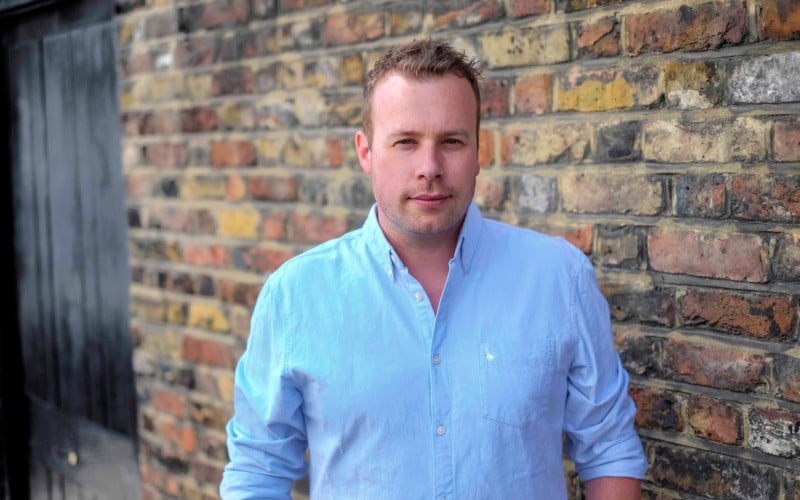One of the factors which reinforces inequality in society is that those with money are more able to access money-saving services and tools.
An elderly person may lack the internet access and savvy required to research insurance quotes, for example; while the middle and upper classes can more easily afford to engage a financial advisor compared with working-class folk.
CEO Rob Brockington is looking to bring financial guidance to the masses with digital coach Claro Money. However it didn’t start out that way.
“Originally, we were looking solely at stock investment on an ESG (environmental, social and governance) basis,” he tells TechBlast.
“While that is a hot topic from a media perspective, our research showed no evidence that people would be willing to pay more for that particular type of service – especially when one of the biggest hurdles that there are in this space is people overcoming the inertia to invest in the first place, regardless of what investment they’re making.
“There are some people out there who will move heaven and earth and give up all of their profit to invest in something that is sustainable and ethical and what they believe in – but that’s a tiny minority of people who invest.
“Most people are not willing to sacrifice a return when making an investment. It makes sense because that’s the main reason why people invest!”
Ethical question
Brockington says there was also an ethical question around the ESG model. “The risk is already higher with these types of investments,” he explains.
“Where’s the ethical line in trying to bring new investors to slightly more high-risk single stock investments? Is that the right thing to do? Or should we be focusing on the problem, which is education: the awareness and understanding of why it costs so much to acquire users on the platform.
“Investing technically should be for everyone – but the right type of investment, the right type of product and at the right type of risk level.
“When we started looking at this education problem, we stumbled across financial coaching which is, in my eyes, the mass market answer to advice.”
Financial advisors facilitate around 8% of the population – those who can afford it – says Brockington.
“The entire model behind financial advice is set up to be based on the commission that people get from investments. So if people don’t have enough money in the world to invest, they’re not a client of a financial advisor. That’s the aim of service,” he says.
“We started taking this journey to break that mould and create a product that allows a similar type of service – where you’re not actually providing advice and telling people what to do, but you’re educating them and helping them understand what they can do.”
Claro Money
A subscription-based app, Claro Money is a digital financial coach which empowers people to develop a smart money mindset and healthy financial habits.
Employing 30 people and founded by a high-net-worth individual, it has built a base of 20,000 users in its promotional phase.
“Financial coaching has not really been scaled by anybody. Banks used to provide this type of service in the past; however, it was all around their own products,” says Brockington, who has a background in banking and finance via HSBC and as founder of Finatext UK, where he helped to expand the Japanese FinTech business on these shores.
“We’ve created a financial coaching framework which, to begin with, we’ve launched as a one-to-one service where you chat to a coach. The plan has always then been to take the learnings from that and translate them into a digital journey where you create a financial plan specific to you and execute it in the same place.
“At the moment, we’re at the stage of building that digital version of the plan.”
That may include accessing products to buy a house; save for your children’s future; create a will; or buy income protection and insurance.
“The idea is that all of those things can be accessed from the platform,” says Brockington. “It’s about seeing what the customer demand is over the next few months and then prioritising the products based on that: there’s no point adding a product unless we have a user base that has parsed it.”
The company is now switching on revenue streams.
Pivoting never stops
Asked for a tip for fellow startup entrepreneurs, he answers: “Pivoting never really stops: you’re always tweaking things as a startup based on how the market is moving and the things happening around you that you can’t control.
“My advice is to try and have your start point as informed as it can be. You don’t need to build big fancy products to do that validation: you can still get good data and feedback with a simplistic product.”

